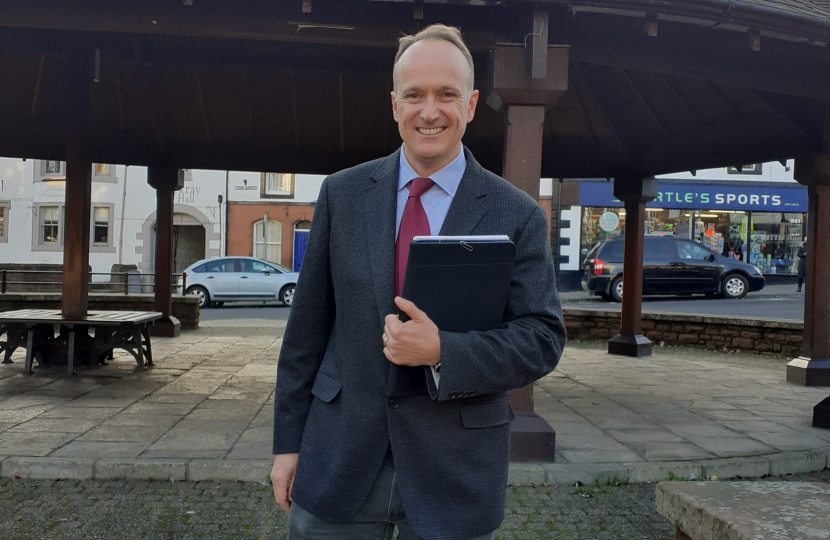
In the coming days 27 million people will benefit from the Conservative Government's National Insurance tax cuts in their pay - easing pressures on people's financed by putting more money back in their pockets.
With the Chancellor of the Exchequer and the Prime Minister having halved inflation, the economy recovering from the pandemic faster than expected, and Government borrowing less that the Office for Budget Responsibility's last forecast - Ministers have the breathing room to pass savings back on to taxpayers.
In practice tax cuts are worth almost £1,000 for a household of two average earners - with National Insurance cut by two percentage points, from 12% to 10%. An average full-time nurse will save £520, a typical junior doctor £750 and an average teacher £630.
This tax cut delivers on our promise and rewards hard work making sure families have more money in their pockets. It would be reversed by Labour’s £28 billion spending spree which they cannot say how they would pay for because they do not have a plan and that means tax rises.
Dr Neil Hudson MP said:
"As pay cheques hit people's bank accounts at the end of the month, working people will rightly feel the benefit of our economic progress.
"From paramedics and electricians to farmer workers and teachers millions will reap the benefits of our Conservative taxation agenda - rewarding hard working people up and down the land."
On top of this, Government is cutting and simplifying tax for two million of the self-employed, supporting the country’s entrepreneurs who grow the economy. Later this year, the Conservatives will abolish an entire class of NICs and cut the rate of the NICs top rate from nine per cent to eight per cent for the self-employed – with an average total saving of around £350 for someone earning £28,000 a year.
Moreover, the Autumn Statement cut business taxes permanently by £11 billion a year, the biggest business tax cut in modern British history. Government promised to make full expensing permanent when the economic conditions allow and have now delivered that. Making full expensing permanent enables businesses to invest for less and offset investments against their tax bills, helping to grow the economy (HM Treasury, Autumn Statement 2023, 22 November 2023, link).



